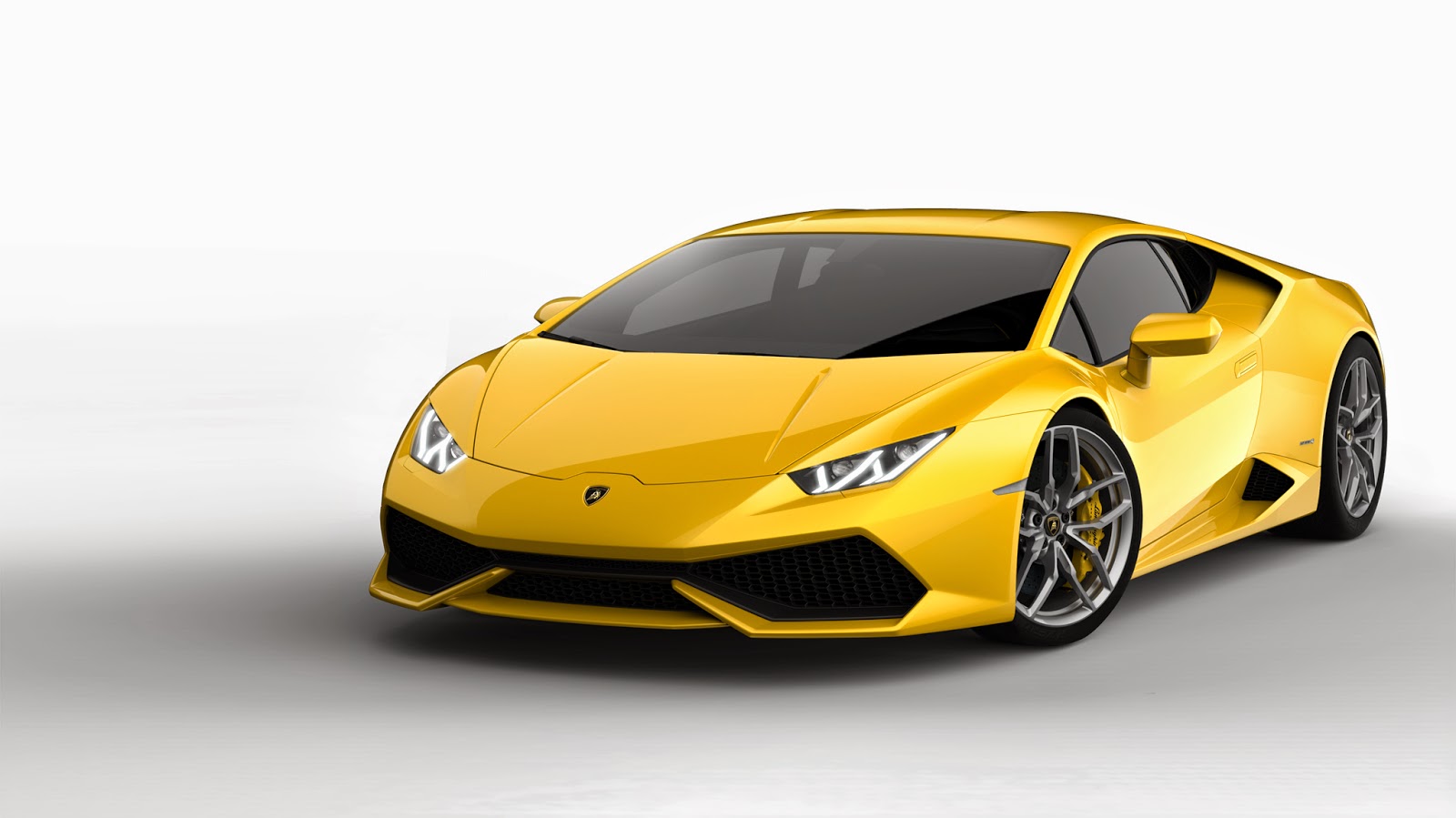When one talks about some of the most beautiful places on Earth, Alaska is always there on the list. The length and breadth of Alaska consists of a wide variety of flora and fauna, splendid views and remote places accessible only by planes.
I happened to visit the 49th state, which was bought from Russia at just 2 cents per acre, in the spring of 2016. This travelogue will revolve only around one part of the state, which has been etched into my memory forever.
The Anchorage - Seward circuit and the cruise ride from the Seward is a 1-day adventure that is a must-do when you are in this part of the world.
Its not just this circuit. Its the flight into Anchorage as well. The Seattle - Anchorage flight is one of the most scenic flights I’ve ever taken. Here’s a view of Seattle:
Advice: Sit on the right side of the plane to get some stunning views. The coast is also visible on the right:
While landing, you fly over the Chugach Mountains:
The Seward Highway goes along through the Kenai Peninsula, Chugach National Forest, Turnagain Arm and the Kenai Mountains. Some of these places are world-renowned for their natural beauty and the flora and fauna they house. Be ready to stop regularly to click a lot of pictures. You would want to. There is a train ride that goes through these parts and at times, right along the highway.
The route between Anchorage and Seward is best covered by road and train. We had 6 people in the group. 3 went by car and 3 by train, and we switched on the way back. Its best to do it this way to ensure everyone gets to experience the drive and the train ride.
As soon as you leave Anchorage, the road cuts through the Chugach State Park, and runs parallel to the Turnagain Arm:
Some stunning views along the Seward highway:
Seward sits on the northern tip of Ressurection Bay, which leads to the Gulf of Alaska. Once in Seward, there are various cruises that take you into Ressurection Bay and along Kenai Fjord National Park. The cruise tours take you deep into Alaskan wilderness untouched by humans. On our cruise, we saw otters, bald eagles, puffins, sea lions, whales and bears.
A view of Ressurection Bay as soon as you leave Seward:
Otter siesta:
Mountains playing hide and seek:
Sea lions:
Whale spottings:
This whale jumped out and I managed to get this shot with a stunning background. On the way back to Seward, we were told that there were some Orcas (killer whales) nearby, but we couldn't catch up with them and they were heading in the opposite direction.:
Holgate Glacier:
As mentioned earlier, I took the train back to Anchorage from Seward:
The train that took us on this magical journey:
Some of the views along the way:
As you near Anchorage, the track goes right along the road next to the Turnagain Arm:
There's lots more to do in Alaska. You can drive up to the Arctic Circle along the dangerous Dalton Highway, or visit the Denali National Park. You can even go river rafting or camping/trekking in the wilderness, but beware of bears. There are also tours from Anchorage on a helicopter/seaplane.
Wherever you go and whatever you decide to do, Alaska will always keep you mesmerized with its natural beauty. But for me, the pick of the bunch will always be the Anchorage-Seward circuit and the cruise.
I happened to visit the 49th state, which was bought from Russia at just 2 cents per acre, in the spring of 2016. This travelogue will revolve only around one part of the state, which has been etched into my memory forever.
The Anchorage - Seward circuit and the cruise ride from the Seward is a 1-day adventure that is a must-do when you are in this part of the world.
Its not just this circuit. Its the flight into Anchorage as well. The Seattle - Anchorage flight is one of the most scenic flights I’ve ever taken. Here’s a view of Seattle:
Advice: Sit on the right side of the plane to get some stunning views. The coast is also visible on the right:
While landing, you fly over the Chugach Mountains:
The Seward Highway goes along through the Kenai Peninsula, Chugach National Forest, Turnagain Arm and the Kenai Mountains. Some of these places are world-renowned for their natural beauty and the flora and fauna they house. Be ready to stop regularly to click a lot of pictures. You would want to. There is a train ride that goes through these parts and at times, right along the highway.
The route between Anchorage and Seward is best covered by road and train. We had 6 people in the group. 3 went by car and 3 by train, and we switched on the way back. Its best to do it this way to ensure everyone gets to experience the drive and the train ride.
As soon as you leave Anchorage, the road cuts through the Chugach State Park, and runs parallel to the Turnagain Arm:
Some stunning views along the Seward highway:
Seward sits on the northern tip of Ressurection Bay, which leads to the Gulf of Alaska. Once in Seward, there are various cruises that take you into Ressurection Bay and along Kenai Fjord National Park. The cruise tours take you deep into Alaskan wilderness untouched by humans. On our cruise, we saw otters, bald eagles, puffins, sea lions, whales and bears.
A view of Ressurection Bay as soon as you leave Seward:
Otter siesta:
Mountains playing hide and seek:
Mystical place:
Whale spottings:
This whale jumped out and I managed to get this shot with a stunning background. On the way back to Seward, we were told that there were some Orcas (killer whales) nearby, but we couldn't catch up with them and they were heading in the opposite direction.:
Holgate Glacier:
As mentioned earlier, I took the train back to Anchorage from Seward:
The train that took us on this magical journey:
Some of the views along the way:
As you near Anchorage, the track goes right along the road next to the Turnagain Arm:
There's lots more to do in Alaska. You can drive up to the Arctic Circle along the dangerous Dalton Highway, or visit the Denali National Park. You can even go river rafting or camping/trekking in the wilderness, but beware of bears. There are also tours from Anchorage on a helicopter/seaplane.
Wherever you go and whatever you decide to do, Alaska will always keep you mesmerized with its natural beauty. But for me, the pick of the bunch will always be the Anchorage-Seward circuit and the cruise.











































.jpg)
.jpg)


.jpg)

.jpg)
.jpg)
